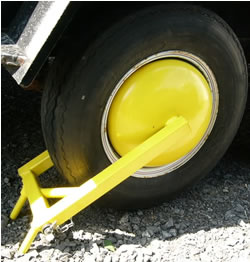My redesign of Omniglot is now complete, except for the homepage. All inner pages are now aligned to the left, and have drop-down menus at the top, which should make it easier to find your way around, and should work well on all sizes of screen. Initially I tried to keep the central alignment, but couldn’t work out how to centre the menu, so gave up on that. Then I realised that the left alignment gives more flexibility, which is one of the goals of the new design. I’ve also finally finished converting the whole site to HTML5 – this doesn’t change the look of it, but does make managing it easier, and streamlines the code.
I have been working on a new homepage and am trying to come up with a fluid design that works well on all screen sizes. You can see what I’ve done so far here – this page is changes frequently as I try out different layouts and adjust the contents and images.
Does the new design work for you?
Have you spotted anything that could be improved?
What do you think should appear on the homepage?
